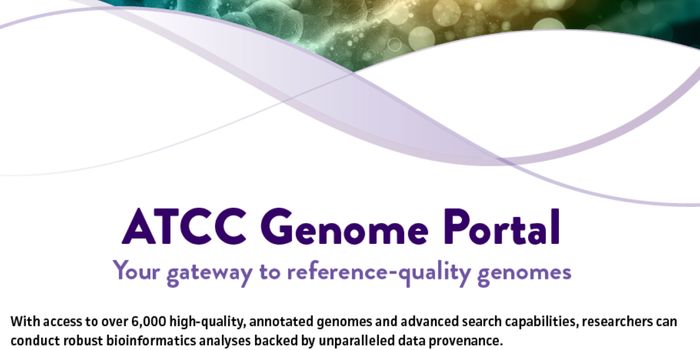Heritable and Environmental Factors Influence Gene Activity
Humans carry the same genes, but there are variations in those genes that help create all the differences between us. Our genetic material can also be modified with chemical tags that change the way genes are expressed. Small shifts in the expression of some genes can have a huge physiological impact, and so scientists want to learn more about how that happens. New work reported in PLOS Genetics by scientists at the University of Exeter has shown that epigenetic tagging can be affected by both genes and the environment.
Since epigenetic tags have an effect on gene expression, which in turn regulates our physiology, scientists want to learn more about how the tags are applied. They wondered whether epigenetic tagging itself is controlled by heritable factors.
When researchers seek to learn more about whether a human characteristic or disease is due to heritability (genes) or the environment, twins provide an invaluable resource. Because some twins carry the exact same genome, they can demonstrate whether something is purely genetic, in which case both twins will be equally impacted, or not.
For this work, an international team of researchers including scientists from the University of Exeter, King's College London, and Duke University, assessed a group of over 700 twin pairs, focusing on one of the most common chemical modifications that’s made to DNA - methylation.
The team compared the epigenetics in identical and non-identical twins; they found that identical twins tended to carry more similar epigenetic tags. While they found that the environment seemed to still be the biggest factor affecting epigenetic tags, their data also indicated that heritable factors do indeed exert an influence on epigenetics.
Related: Learning More About Epigenetic Tagging
"These results highlight how both heritable and environmental factors can influence the way in which genes are expressed and function, with important implications for studies of health and disease,” said study leader Professor Jonathan Mill, of the University of Exeter Medical School.
The researchers also looked at regions where epigenetic variation have a strong link to environmental factors like smoking or obesity, and found that genetics still has an impact there as well. They caution that an epigenetic label does not necessarily mean it's an environmental effect.
"Our study provides a useful framework for interpreting the results of epigenetic epidemiological studies and shows that epigenetic differences are a potential mechanism linking genetic variation to gene regulation,” added first author Dr. Eilis Hannon, of the University of Exeter Medical School.
Mill discusses his work in the video.
Sources: AAAS/Eurekalert! via University of Exeter, PLOS Genetics










